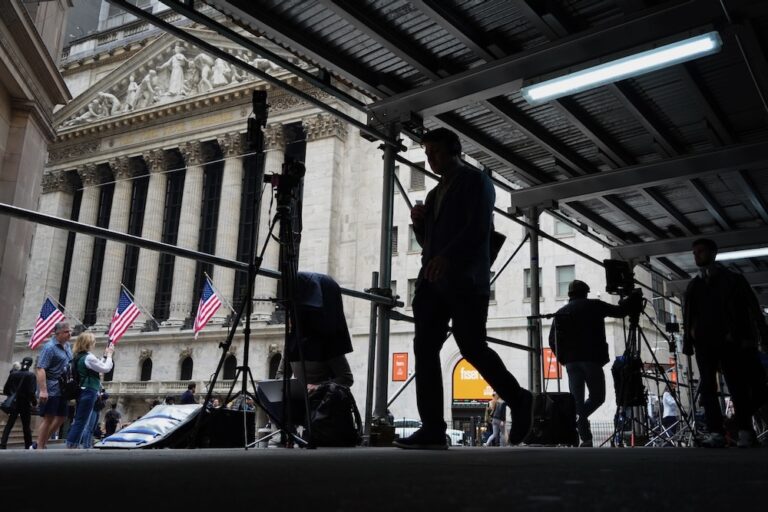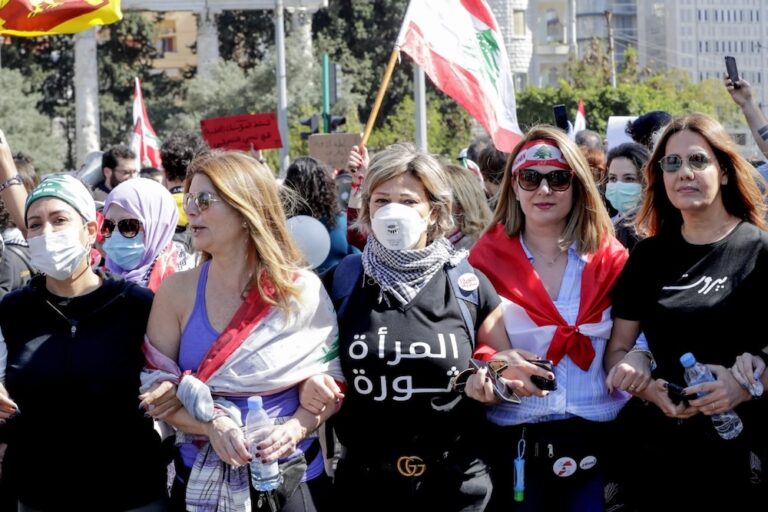On Music Freedom Day, IFEX recognises the free expression rights of musicians and looks back at five cases from the last year when people have tried to stop the music.
Music Freedom Day takes place each year on 3 March.
This year, performances, conferences and other celebrations in at least 17 countries will mark the day. Bahraini composer Ahmed Ali Al Ghanem has composed a piece in honour of the day, making it available for all musicians.
It’s a day to reflect on the importance of music in our lives – but also to take note of threats to it. Freemuse, an international organization that advocates for the freedom of expression rights of musicians and composers, released its 2013 statistics on violations of free expression for musicians this week. These recorded incidents are “just the tip of the iceberg. Hundreds of cases of persecutions and attacks, not to mention thousands of censorship cases, are never reported,” notes Freemuse director Ole Reitov.
On Music Freedom Day, IFEX joins in the celebration of music’s ability to inspire, enrage, and engage – to communicate across all barriers, whether national, cultural, generational, or linguistic. We are marking the day this year by recalling a few of the cases IFEX members covered in 2013, when those who would silence the voices of others turned their sights on musicians. We invite everyone to take a moment today to celebrate musicians and those who monitor, defend and promote their free expression rights.
GREECE: Politically-motivated killing of an anti-fascist hip hop artist
I won’t cry, I won’t fear
The world has become a big prison
and I’m looking for a way to break the chains.
There is a place waiting for me,
there at a high mountain peak for me to arrive.
That’s why I stretch again my two hands very high,
to steal some light from the bright stars.
I cannot take it down here and I’m about to choke
from this human misery, as much as sorrow.
Excerpt from one of Pavlos Fyssas’ songs.
The September 2013 murder of Pavlos Fyssas, a 34 year-old anti-fascist hip hop artist, sparked protests in Greece. The killing, allegedly carried out by a supporter of the right-wing Golden Dawn party, came on the heels of a series of attacks carried out by Golden Dawn against immigrants and asylum seekers.
In response to the killing, a demonstrator at a protest said “[t]he regime, in co-operation with Golden Dawn, is clearly escalating the confrontation with political dissidents. This is why we’re here today. And we have to step up the intensity of this political struggle. Everywhere.”
TUNISIA: Rapper imprisoned for song that criticised the police
On 5 December 2013 a Tunisian court sentenced rapper Alaa Yacoubi to four months in prison on charges of insulting the police and violating ethics in connection with one of his songs.
In August, Yacoubi, who performs under the name of “Weld El 15”, and rapper Ahmed Ben Ahmed, known as “Klay BBJ”, hosted a party in the city of Hammamet. One of the songs Yacoubi performed was critical of the police. The two rappers subsequently faced accusations of public slander. Klay BBJ was eventually acquitted while Weld El 15 was detained after the verdict was announced.
This is not the first time Weld El 15 has faced accusations for his critical song lyrics. He was previously handed a six-month suspended sentence for a song entitled “police are dogs”.
CUBA: Musician banned over his political opinions
On 17 September 2013, Cuban pianist Robertico Carcassés was performing along with local musicians in a public concert to mark the anniversary of the arrest in Miami of five Cuban intelligence agents known as the “Cuban Five”.
While performing the song “Cubanos por el mundo,” Carcassés started to improvise lyrics. As seen in the video, he called for “free access to information so that I can form my own opinion, the right to elect the president by direct vote and not via another method, and an end to the U.S. embargo and [Cuba’s] auto-embargo.”
The Cuban Music Institute suspended Carcassés from performing on the island “indefinitely”.
NORTH KOREA: Citizens face “harsh” punishment for selling or listening to CDs of foreign music
In a September 2013 submission to the UN, Human Rights Watch reported that North Koreans are punished for ordinary actions such as selling or simply possessing DVDs and CDs containing unauthorised content, such as music from China and South Korea.
Foreign CDs and DVDs are reportedly increasingly common in North Korea, “yet remain hidden because anyone selling them faces arrest, abuse in detention, and being sent to prisons where they are tortured and forced to labor.”
UGANDA: Artists who don’t “play it safe” face unwelcome attention
In the years following the dictatorship of Idi Amin, optimistic about the change in government, Ugandan artists became more critical. However, the authorities have not universally welcomed this. Musicians who have raised critical voices have been censored, paid off or even deported.
For example, police interrogated singer Nnabbi Omukazi about a song believed to refer to a young and critical member of parliament who died earlier in 2013. The song was banned from the airwaves.
Radio stations were originally banned from airing a song by Ssentamu Kyagulanyi (aka Bobi Wine) that criticised the treatment of small traders in Kampala by city authorities. When the Executive Director of the Kampala Capital City Authority came under pressure because of the song, the artist was invited to participate in ceasefire talks, and was also granted a lucrative contract in 2013 to promote city activities in what was perceived as an attempt to neutralise his critique.
Other musicians have decided to play it safe by avoiding controversial issues. Musician Sarah Zawedde told Index on Censorship that “the biggest threats to artistic freedom in Uganda are from the cultural, religious and political spheres.”
To learn more and to stay informed on the issue of the free expression rights of musicians, we suggest you make it a point to regularly look for updates on Freemuse.org, check out the Censorship section of IFEX.org, and subscribe to the monthly Artistic Freedom reports produced by ARTICLE 19.

http://musicfreedomday.org/



